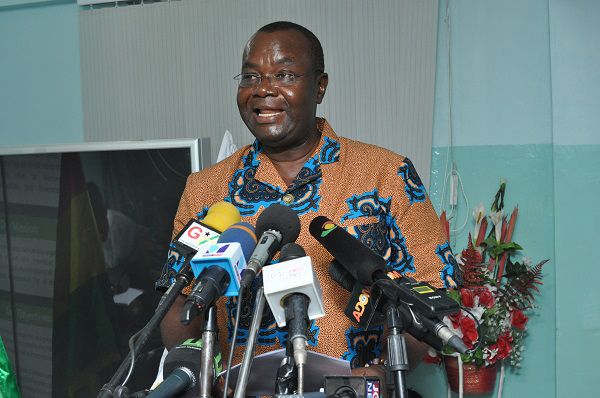Ghanaian plastic manufacturers are calling on the government to ban plastic imports as the country prepares new regulations aimed at reducing waste from styrofoam and lightweight plastics.
The Ghana Plastic Manufacturers Association says any domestic ban must be accompanied by controls on imports to prevent foreign-made products from flooding the market and undermining local producers.
“We produce about 16,000 metric tonnes of plastic bags annually, but imports exceed our production,” said the President of the Association, Mr Ebow Botwe, in an interview on Citi FM’s Breakfast Show on Tuesday, July 1, 2025. “We suggested to the Minister an immediate ban on plastic imports to help manage local production.”
The call comes weeks after President John Dramani Mahama announced that the government would soon ban the use of styrofoam food packaging, describing it as a major contributor to plastic pollution.
Speaking during World Environment Day celebrations on June 5, President Mahama said: “One of the most pernicious polluters is styrofoam plastic. We’re going to ban the importation of styrofoam plastics. We have to use paper packaging or aluminium foil for packaging our food.”
Mr Botwe said the Association has begun discussions with the Ministry of Environment, Science, Technology and Innovation to explore options and propose measures to support the transition away from harmful plastic products.
“Just last Thursday, we met with the Honourable Minister for Environment. We formed a working group to look into possible alternatives and practical steps to address not only plastic bags but also what are referred to as ‘orphan plastics’ or lightweight plastics,” he said.
According to Mr Botwe, the industry has submitted a proposal to the Ministry and is awaiting the next round of talks.
“We’ve submitted our proposals and expect a review by the Ministry. We are engaging with the government and are ready to support the process,” he added.
Lightweight plastics, including thin carrier bags and small sachets, are widely used but difficult to recycle. Environmental authorities have long warned about their role in clogging drainage systems and worsening urban sanitation. Styrofoam, often used for takeaway food, poses even greater disposal challenges.
The Association believes that banning plastic imports would help the government regulate domestic output more effectively and improve enforcement of future restrictions.
Ghana’s plan to restrict problematic plastics follows similar moves in other African countries such as Rwanda and Kenya, where bans on single-use plastics have already been introduced.

